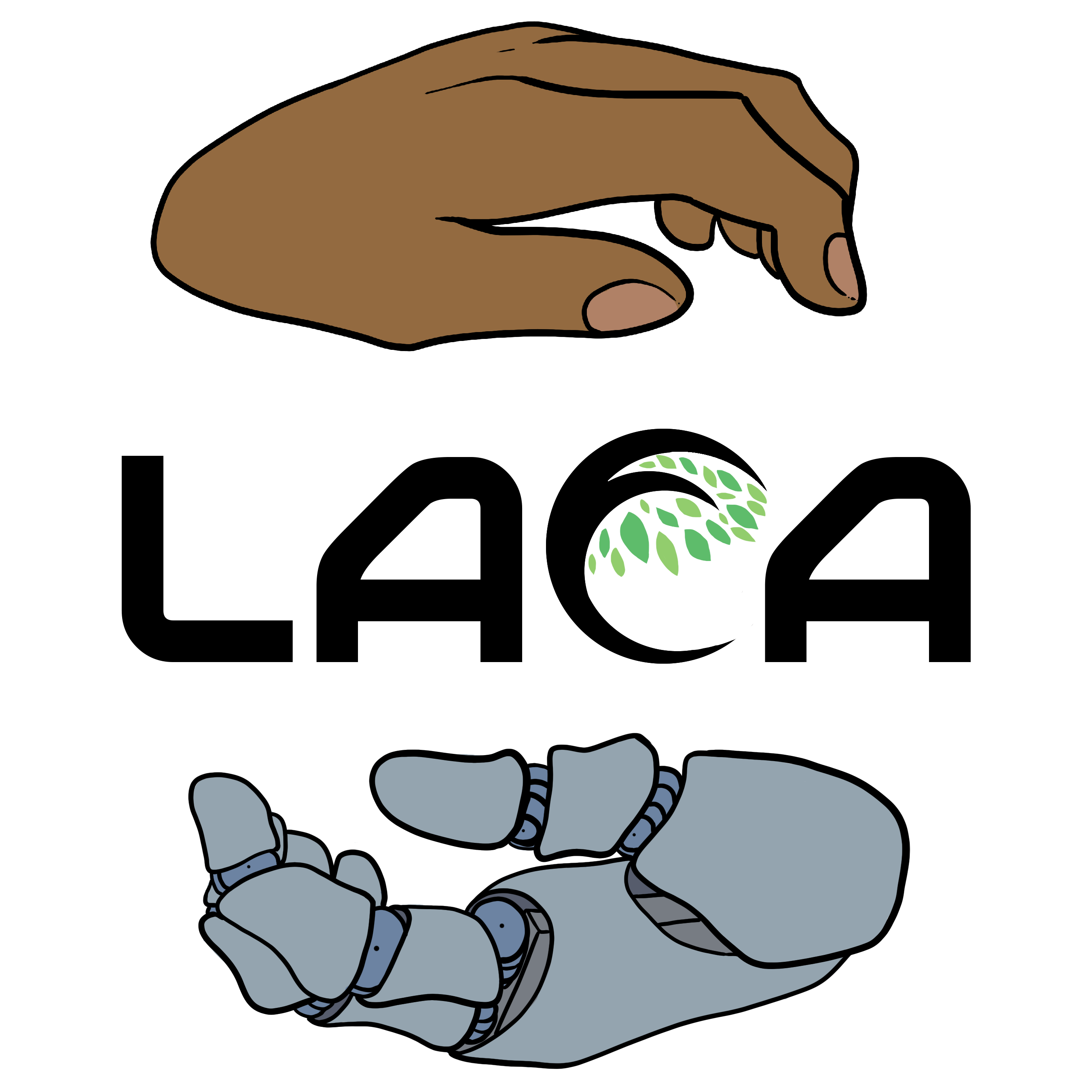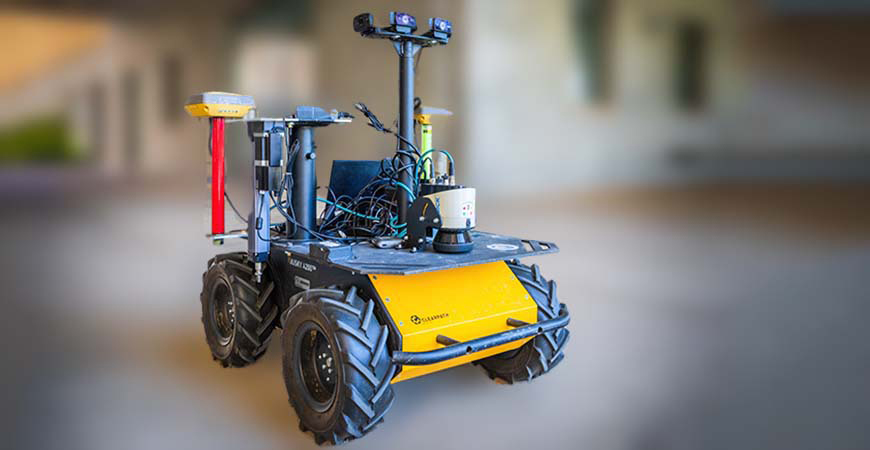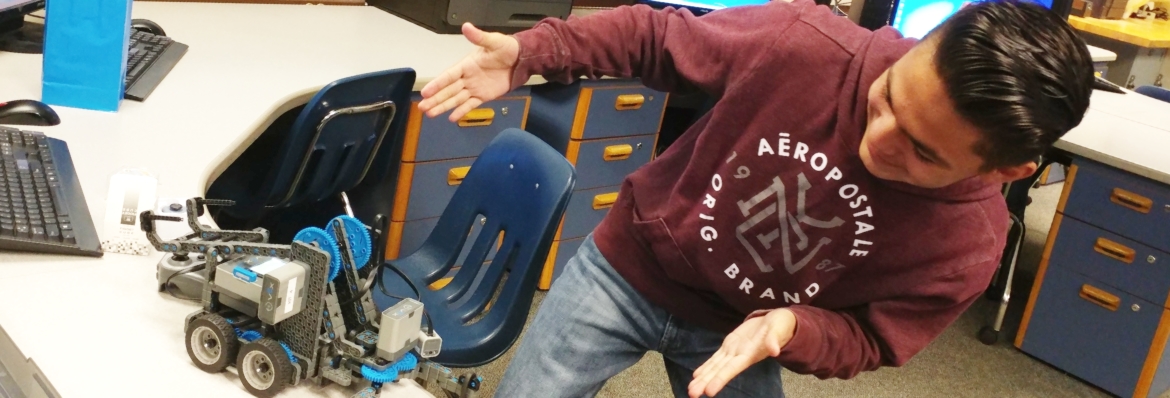LACA
This MRPI will focus on food system resilience and the emergent role of human-centered agricultural technology (agritech)
See Our Approach
Funded in 2021 by the University of California Office of the President Multi-Campus Research Program Initiative, the Labor and Automation in California Agriculture (LACA) assembles interdisciplinary researchers to solve food system resilience and human-centered agriculture technology to transform the workforce and environment of the future. This MRPI includes researchers from University of California Mercerd, Berkeley, Davis, and Riverside.


Researchers: Konstantinos Karydis (lead), Amit Roy-Chowdhury, Erin Hestir, Stefano Carpin, Joshua Viers, Peggy Mauk

Researchers: Martin Kenney (lead), Anne Visser, David Zilberman, Peggy Mauk

Researchers: Colleen Naughton (lead), Thomas Harmon, Erin Hestir, Joshua Viers, Tapan Pathak
Researchers: John Zysman(lead), Brandie Nonnecke, John Cioffi, Peggy Mauk, Tapan Pathak
LACA will offer day camps for middle school students. The day camps will include STEM activities (based on the CITRIS Robotics curriculum) and will be coordinated by the LACA Education Director in collaboration with a non-profit educational outreach organization 4Venir.org, founded by UCM graduate students for children of migrant workers.

The LACA AgTech-Labor model will launch California farms to the forefront of resiliency and equity and empower a next generation labor force that understands and operates at the convergence of agricultural productivity, labor equity, and environmental sustainability.
